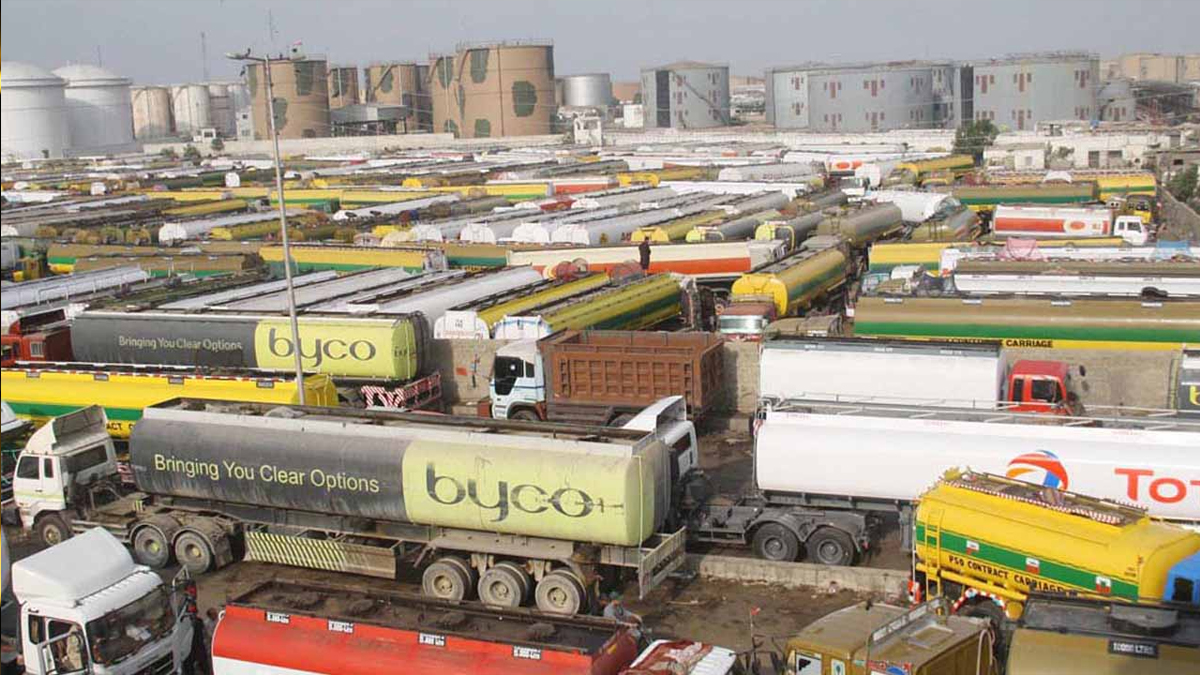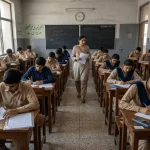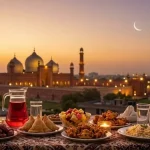
fuel supply disruption expected in pakistan as oil tankers go on strike
Consumers in Pakistan are faced with a new challenge, as the already high petroleum prices is now coupled with another crisis for the general public as the oil tankers association has announced a strike disrupting the supply lines and fuel shortages.
The oil tankers association is demanding a greater share of transport on the White Oil Pipeline, oil pipeline extending from Port Qasim to the Pak-Arab Refinery Company (PARCO) at Qasba Gujrat, Multan, up from 30 percent to 65 percent and allowing them to use old vehicles.
Meanwhile, supply of petroleum products is affected in several parts of the country and the whole country could see shortage of petrol and diesel in the coming days if the strike continues. The Oil Companies Advisory Council (OCAC), on the other hand, has called on the government to resolve the matter urgently. In a letter OCAC said, “On behalf of member companies, it would like to bring to your attention the ongoing strike by oil transporters, which has resulted in significant disruption to operations and the distribution of petroleum products across the country”.
Sharing an update of the situation, the OCAC said that because of the strike by oil transporters, the supply had been affected at Port Qasim, Korangi and Keamari Terminal. While the northern areas of the country were cut-off due to the strike and no oil was being transported to the region. Fuel shortages are expected in Azad Kashmir, Hazara Division, Attock, and Gilgit-Baltistan. While the rest of the country could face shortages in the coming days if the issue was not resolved.
Read more: JI calls for a complete shutdown of Karachi over fuel prices
The government has initiated negotiations with the Oil Tankers Association, however, a formal meeting is expected in the days to come.
Read more: New Chief Justice of Pakistan makes big changes on his first day
The transporters on the other hand are adamant that the supply will remain suspended until all their demands are met.



